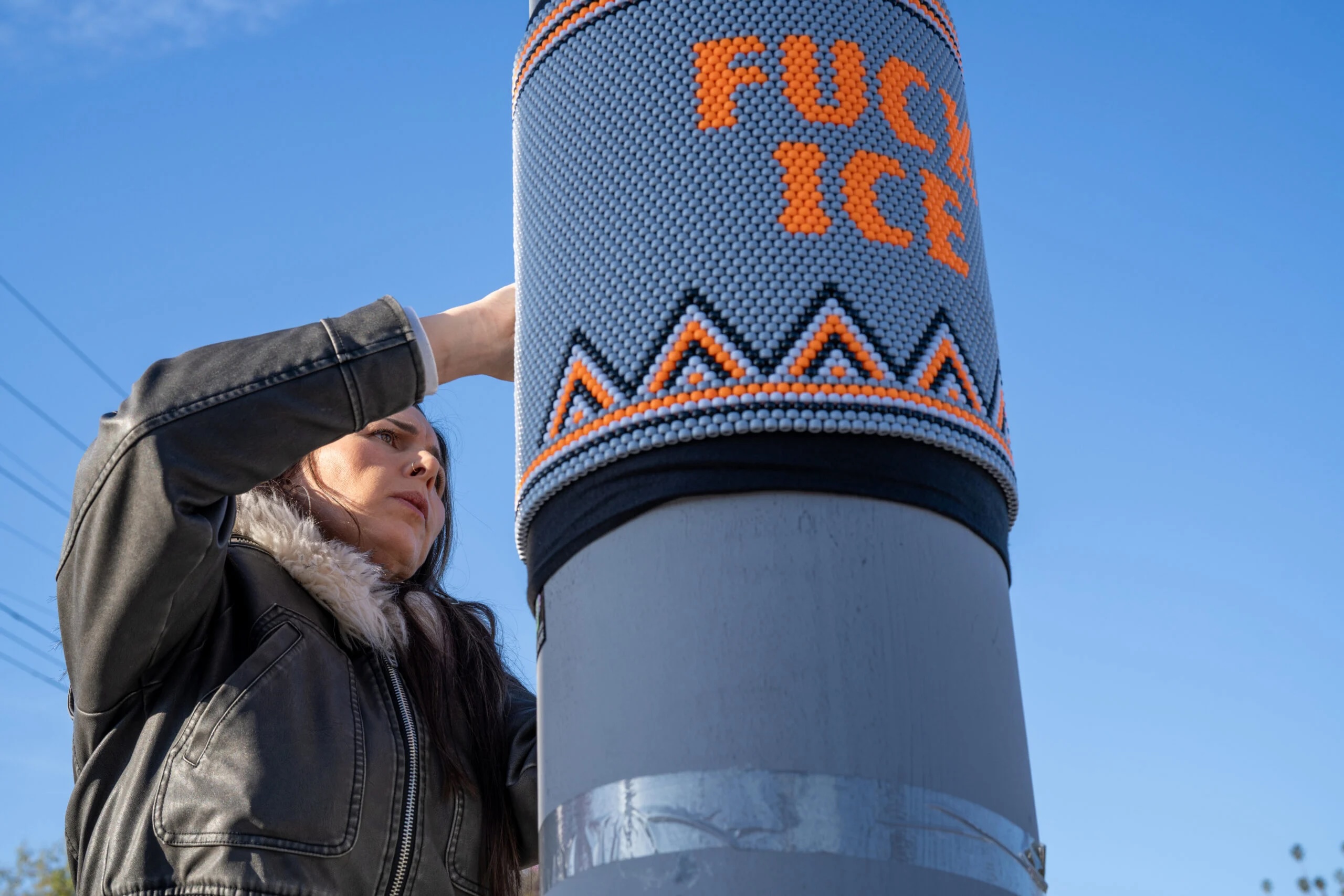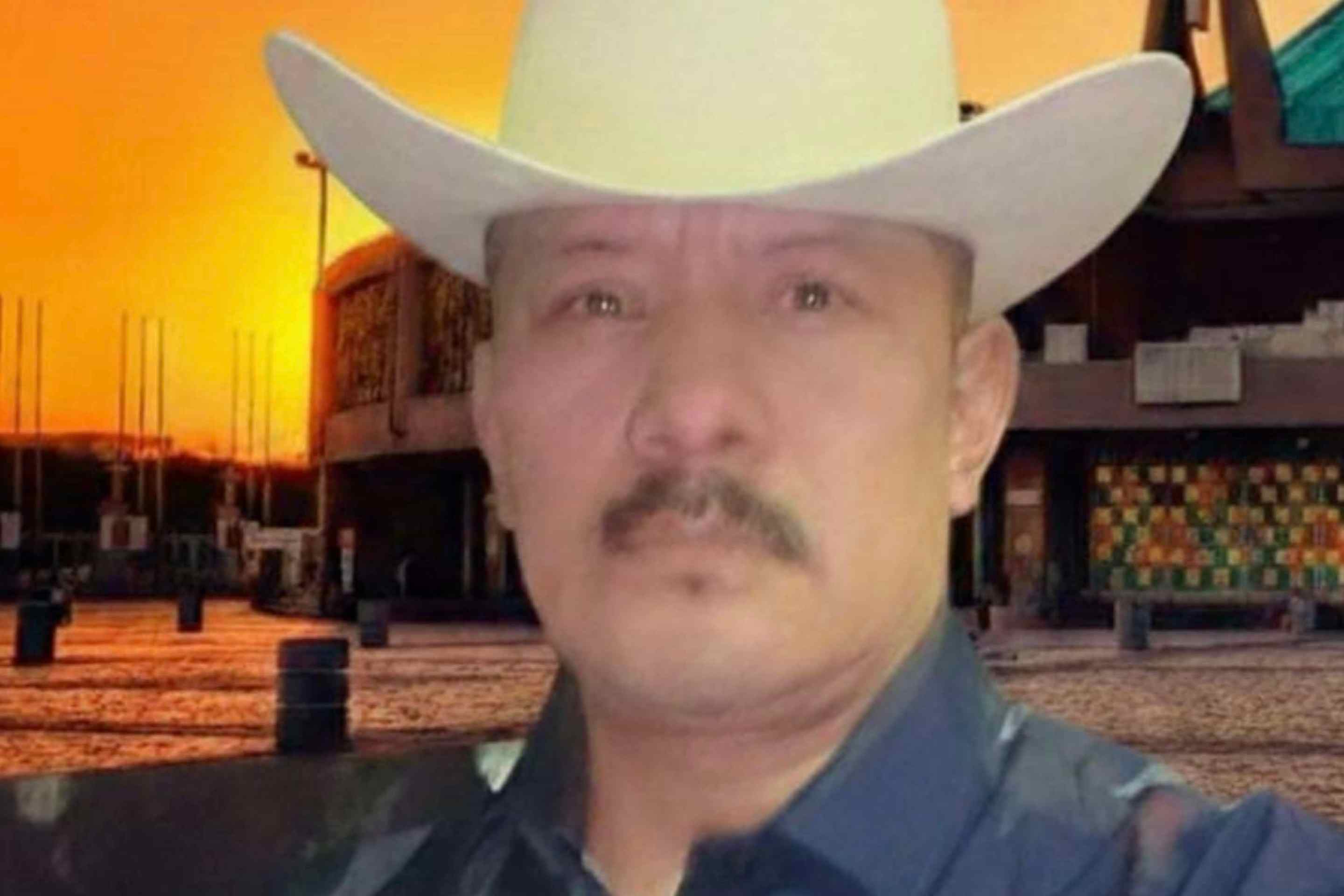A Carson man who was a central figure in an international fraud and money-laundering network that used romance scams and elder fraud to rake in millions of dollars was sentenced today in Los Angeles to more than 11 years in federal prison.
Valentine Iro, 34, was handed a 135-month prison term by U.S. District Judge R. Gary Klausner, who also ordered Iro to pay $1.39 million in restitution, according to the U.S. Attorney's Office.
Iro, the lead defendant in a 252-count federal grand jury indictment that charged 80 defendants, pleaded guilty in October 2020 to one count of conspiracy to engage in money laundering. He has been in federal custody since August 2019.
``This case is part of our multi-prong approach to protect Americans from attempts to steal their money through elaborate scams being perpetrated around the world,'' U.S. Attorney Martin Estrada said in a statement.
``Through lies and deceit, these fraud artists try to fleece businesses and individuals, including the elderly and vulnerable. This case demonstrates that we can and will identify, charge, and prosecute fraudsters and their money laundering accomplices, no matter how far across the world their criminal network may stretch.''
From October 2014 to August 2019, Iro helped lead an international criminal network that conspired to defraud individuals and companies globally and then launder more than $25 million in fraudulently obtained funds.
Prosecutors said Iro communicated primarily through encrypted messaging applications and phone calls. He worked to connect grifters who were committing various online scams with money movers and bank accounts that could be used to receive and launder money from victims.
A native of Nigeria, Iro would use code words and Nigerian pidgin--an English-based dialect used across that nation--to avoid detection by law enforcement, prosecutors said. The swindlers largely were located outside the United States.
For romance scams and elder fraud, Iro sometimes used bank accounts under his own control. For email frauds, if a bank account with a specific business name was required to trick a business-victim into making a payment, Iro often coordinated with money movers to open accounts that could receive funds obtained, according to documents filed in Los Angeles federal court.
In addition to making the fake business name mirror the name of a legitimate company, members of the scheme routinely filed fictitious business name statements with the Los Angeles County Registrar/Recorder's Office that were presented to banks when the fraudulent accounts were opened.
Copyright 2023, City News Service, Inc.






